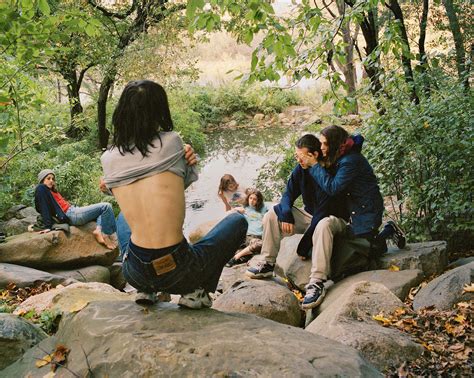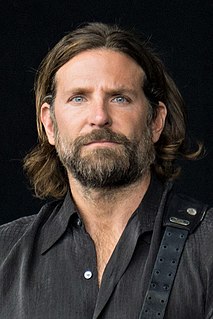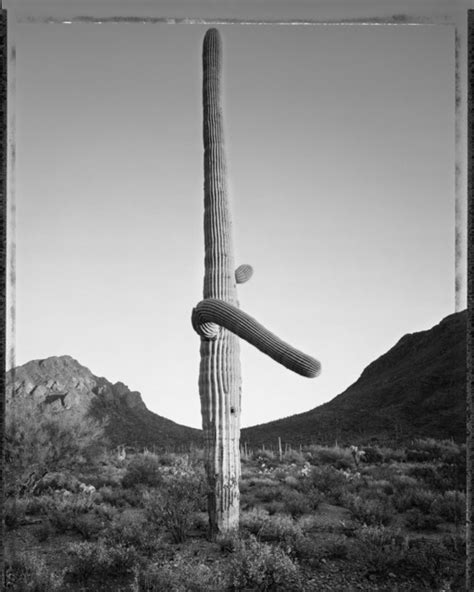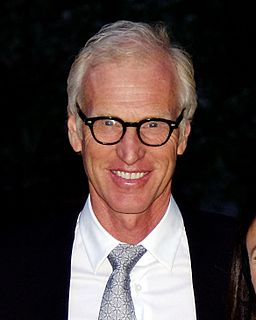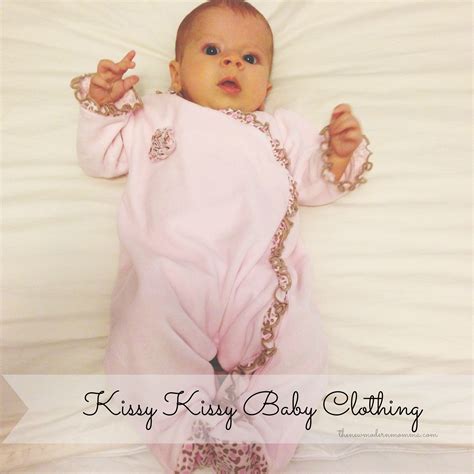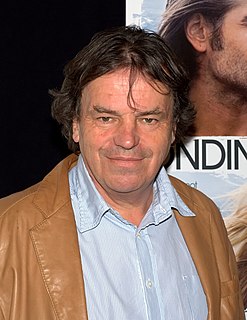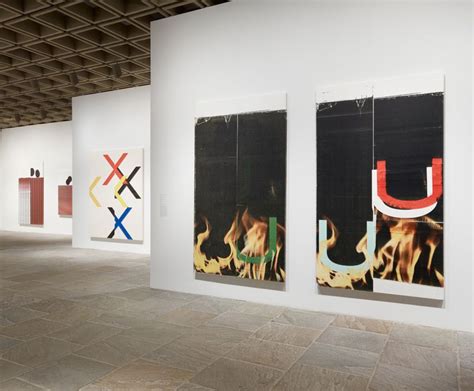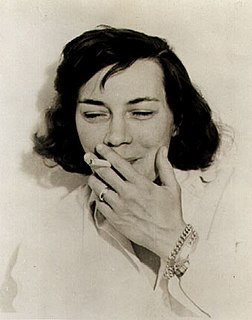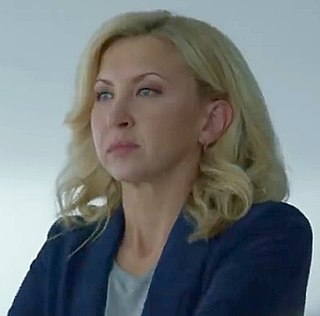A Quote by Justine Kurland
I drove from New York to California by myself. The iconography of travel and escape is everywhere in my photographs... So actually becoming a runaway was crucial. I had this idea that I'd make my way across the frontier and find my story as it was actually happening in the landscape.
Related Quotes
I always sort of talk about - to myself at least, or to my friends, about wanting to just keep life very simple. I've found it most simple here in New York. You know, it's basically I have a, in a way, a 9-to-5 job, you know? I do eight shows a week. I live in New York City. I get to walk everywhere, and you know, just be one of the people of the city. And it's actually wonderful.
London has become really boring. I mean, years ago, London was really happening - there was swinging London and then punk. It was really different from other cities, and so I'd always wanted to go there and see what was actually going on. After that, hip-hop was the next thing happening, so to get the records or the proper clothing, you really had to actually go to New York. But now you don't really need to go.
Additionally, Liesl and Po is the embodiment of what writing has always been for me at its purest and most basic--not a paycheck, certainly; not an idea, even; and not an escape. Actually, it is the opposite of an escape; it is a way back in, a way to enter and make sense of a world that occasionally seems harsh and terrible and mystifying. (From the "Author's Note" at the end).
I am not much interested in discovering new territories to photograph. Instead, what I wish my pictures could do is lessen the distance one often feels when looking at landscape photographs... The longer I work, the more important it is to me to make photographs that tell my story as a participant, and not just an observer of the land.
A lot of the reason I left New York, in addition to being so broke, was that I just felt I was becoming provincial in that way that only New Yorkers are. My points of reference were really insular. They were insular in that fantastic New York way, but they didn't go much beyond that. I didn't have any sense of class and geography, because the economy of New York is so specific. So I definitely had access and exposure to a huge variety of people that I wouldn't have had if I'd stayed in New York - much more so in Nebraska even than in L.A.
The clashes of people and the clashes of cultures have assisted me in learning the openness you have to be a part of in New York. You're always meeting people who are different than you. You always have to find a way to exist in it and also find a way to be yourself. In Stockholm, I thought I was artsy, then I came to New York and was like, "there's a bunch of artsy people everywhere!" It really forced me to start looking myself and ask. "what does it mean to be me?"
I just got back from New York, and I realized in New York, it's very difficult to hear a New York accent. It's almost impossible, actually - everybody seems to speak like they're from the Valley or something. When I grew up, you could tell what street in Dublin someone's from by the way they talked.
It's funny, but thinking back on it now, I realize that this particular point in time, as I stood there blinking in the deserted hall, was the one point at which I might have chosen to do something very much different from what I actually did. But of course I didn't see this crucial moment for what it actually was; I suppose we never do. Instead, I only yawned, and shook myself from the momentary daze that had come upon me, and went on my way down the stairs.
I actually thought that the idea of doing a World War II movie in the guise of a spaghetti western would just be an interesting way to tackle it. Just even the way that the spaghetti westerns tackled the history of the Old West, I thought it could be a neat thing to do that with World War II, but just as opposed to using cowboy iconography, using World War II iconography as kind of the jumping-off point.
He sought a way to preserve the past. John Hershel was one of the founders of a new form of time travel.... a means to capture light and memories. He actually coined a word for it... photography. When you think about it, photography is a form of time travel. This man is staring at us from across the centuries, a ghost preserved by light.
